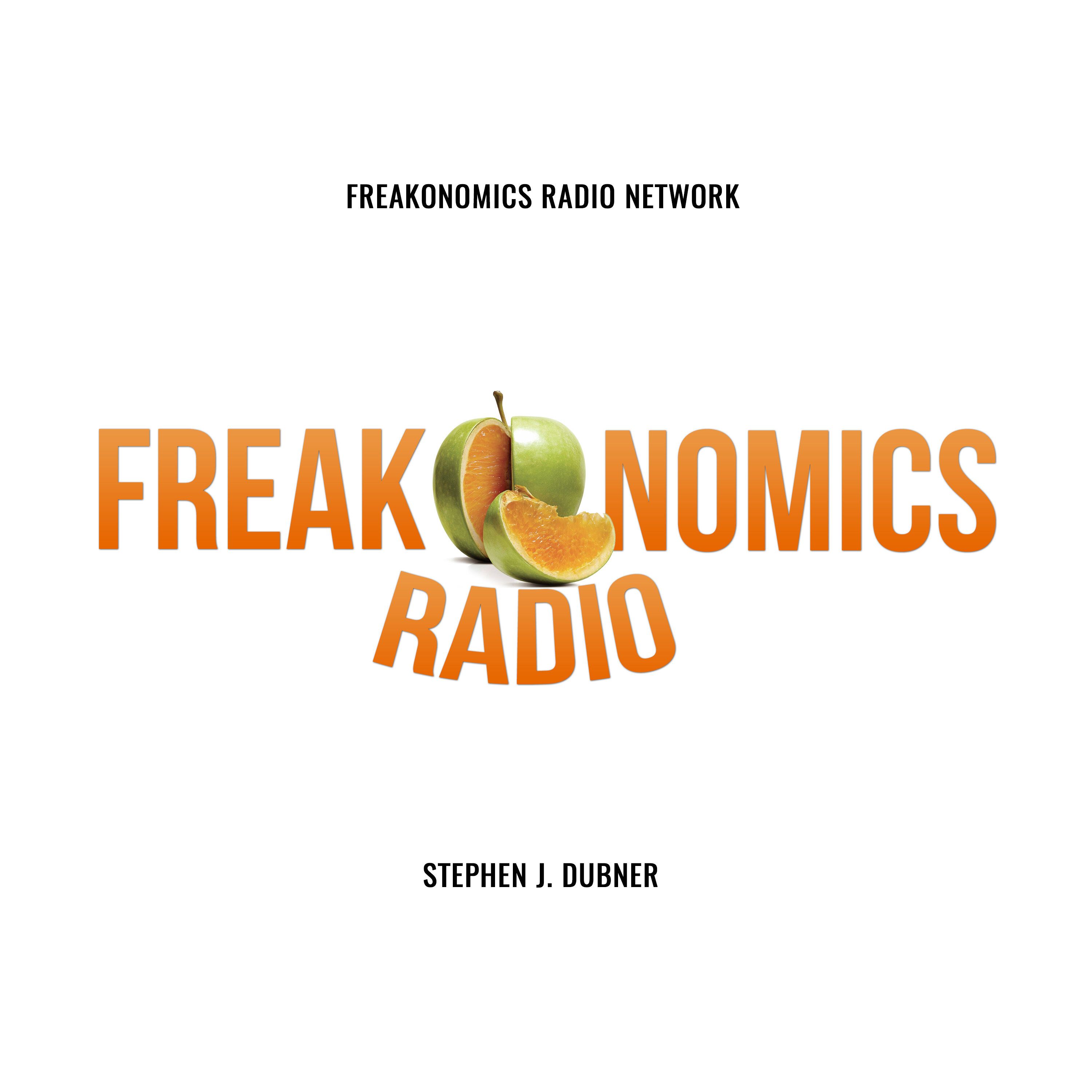📚 2 Books mentioned in "New Technologies Always Scare Us. Is A.I. Any Different? | Freakonomics Radio | Episode 555" of Freakonomics Radio

Podcast: Freakonomics Radio
Episode: New Technologies Always Scare Us. Is A.I. Any Different? | Freakonomics Radio | Episode 555
Published on August 31, 2023
Here’s a list of all the books mentioned in this episode. Click on the links to watch specific excerpts on YouTube and feel free to purchase the books if they caught your interest!

Power and Progress
Buy Power and Progress by Daron Acemoglu, Simon Johnson on Amazon
Johnson co-wrote a book, 'Power and Progress: Our Thousand-Year Struggle of Technology and Prosperity,' with another MIT economist, Daron Acemoglu. The question that they address in that book is a big one: why are some countries and some people rich while others are poor?
In this segment, the podcast host, Adam Davidson, highlights a book co-authored by guest Simon Johnson. Titled 'Power and Progress: Our Thousand-Year Struggle of Technology and Prosperity,' the book, co-written with economist Daron Acemoglu, examines the causes behind the wealth disparity among different countries and peoples.

Power and Progress
Buy Power and Progress by Daron Acemoglu, Simon Johnson on Amazon
World War I illustrates what happens when a small group of supposed experts makes disastrous decisions, as highlighted in Simon Johnson and Daron Acemoglu's book 'Power and Progress,' which offers examples of how decisions taken with certain technologies have had unforeseen consequences for generations, both positive and negative.
In the podcast, host Adam Davidson discusses a book titled 'Power and Progress,' co-authored by Simon Johnson and Daron Acemoglu. He highlights how the book illustrates the long-term impacts of technological decisions made during significant historical events like World War I, detailing both the positive and negative consequences.
